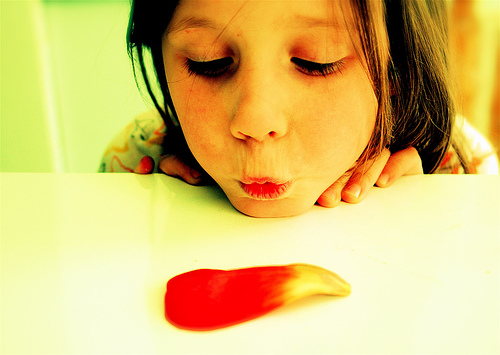 I had a mini-emergency this morning.
I had a mini-emergency this morning.
I got up early in the morning, to finish this translation project I was working on. I had completed a draft the day before and needed to polish it. I started working on it around 4 am. I had estimated that it would take about 2 hours to complete this task.
Around 4.30 am, I happened to lose this 70% completed document in the ocean of digital data. I was supposed to submit a complete translation by 9 am this morning. The original document was close to 2700 words in length. The amount of words I could translate in one hour considered, I went into a panic mode, because I thought that I had to translate everything again from scratch and that I wouldn’t be able to do it by 9 am.
At first, I tried to retrieve the lost file somehow, but when I realized it wouldn’t work, I decided to translate the whole thing again, because that was pretty much the only option available to me. Luckily, I could focus on translating it and managed to finish it by 10.30 am.
I was devastated at first, but it didn’t last long. I’m glad that the positive mental attitude has been part of who I am, because it helps me recover quickly from situations like this one. I could feel upset for a few hours, but I didn’t choose to do it. Instead, I chose to understand what was going on and chose to focus on what I could do.
Sometimes people ask me why I can stay positive. Partly, it’s because it became my habit. I don’t force myself to be positive or anything. I just choose to focus on what I want to do or what I need to do. If I focus on those things, being negative often becomes an option that I would never consider.
I believe choosing to become positive is a logical/strategic move, too. I could be negative about the situation, but I didn’t choose that option. In this case, the reason was simple: my being negative about the situation wouldn’t bring the lost data back to me, and it would have made me feel bad and hence made me unable to focus on translating. By choosing to stay positive, I could focus on what I had to do and managed to do it reasonably well. Of course, being positive wouldn’t bring the lost data back either, but it does make me feel great, which makes a difference in many situations.
So, in short, 1) whether you choose to be positive or negative towards the situation in question, your choice itself won’t change the situation, and 2) it’s reasonable to assume we tend to do better when we are in a better mood and choosing to be positive puts you in a better mood while choosing to be negative makes you in a bad mood. Positivity 1 – 0 Negativity.
(By the way, I’m not saying that you should ignore your negative feelings. Of course we do feel upset, sad, angry or whatever negative emotions that happen to come to us at a certain time. I believe it’s important to acknowledge those feelings and not to get stuck in them for too long.)
When I started working on this translation from scratch for the second time, I thought to myself that I was very lucky, because the original document was only about 2700 words in length, and not 27,000 words. Also, I got reminded of the importance of keeping backups. It’s possible that sometime soon I’ll get a 27,000 word document to translate and happen to lose that document when I’m about to finish it. But of course, I’ll have a backup ready, because I learnt to do so from this incident I experienced today. We can learn from everything after all.
Yes, shit happens. But remember, ‘shit’ stands for striking&highly inspirational turbulence. Once you go through that turbulence, you’ll learn a lot from that experience.
Do you choose to be positive or negative? Why?
—-
If you enjoyed this post and know someone who might enjoy reading it, please spread the word. Thank you!
Photo: Scarleth White




